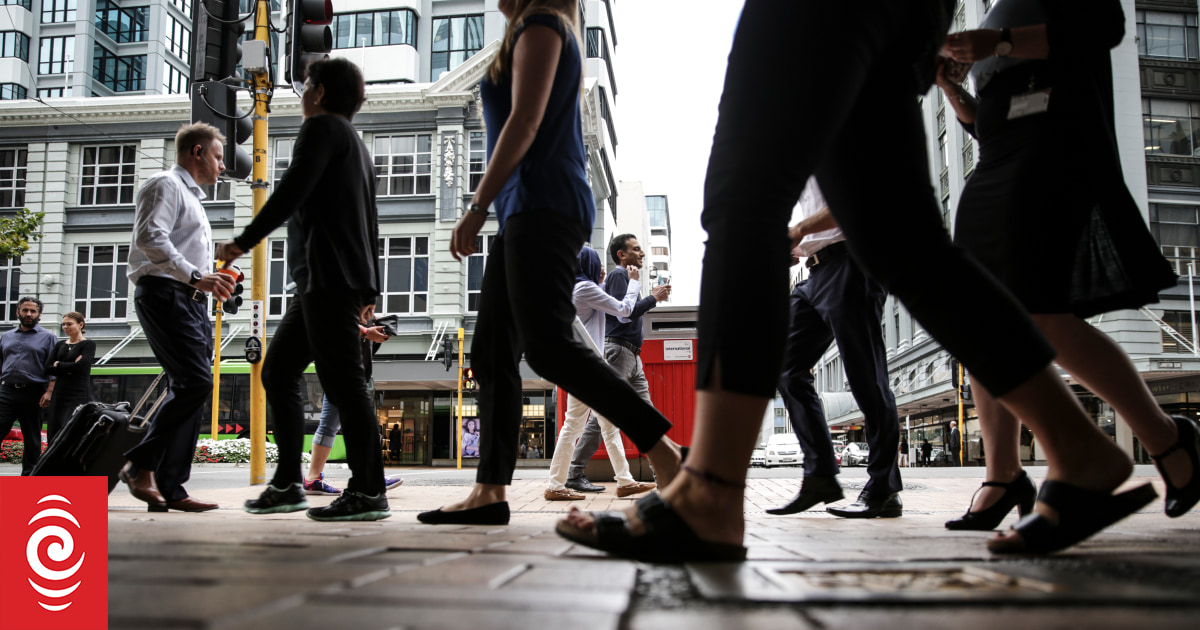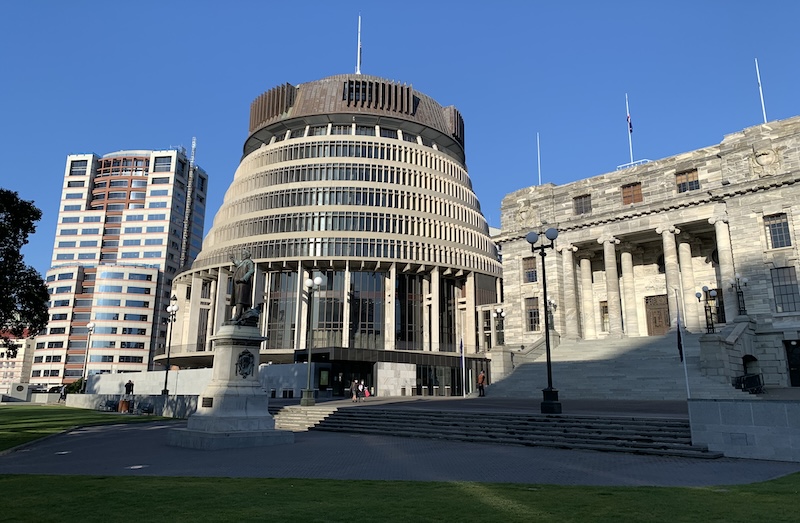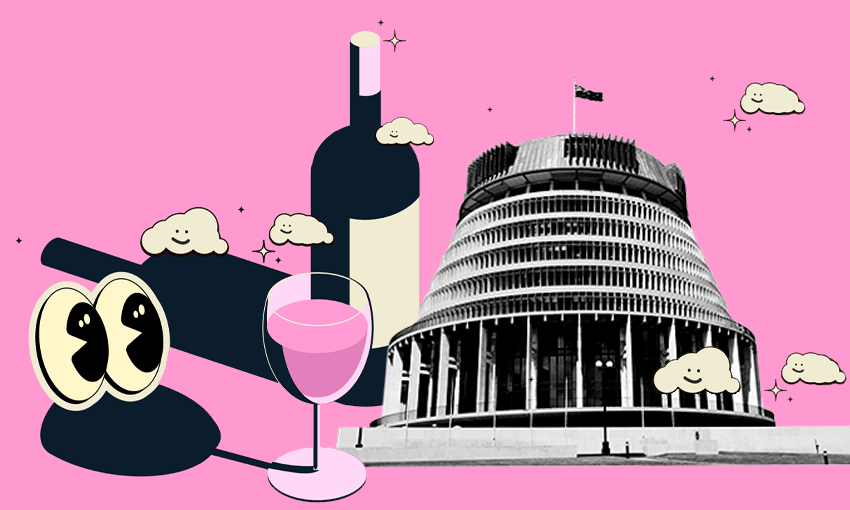Wellington City Council is hoping to hear the thoughts of a diverse group of people on different issues. (file image)
Photo: RNZ / Richard Tindiller
A Wellington city councillor is expecting a new citizens’ assembly being launched on Tuesday to help highlight minority voices in the city.
About 10,000 randomly-selected Wellingtonians will be invited via post and email then from those who express interest in joining will have to complete a short survey.
That list will be cut down to only 30-40 people who will represent Wellington’s population in a mixture of different categories such as gender, ethnicity, education levels, and home ownership.
The group will help inform the development of the 2024 to 2034 long-term plan – the council’s budget for the next decade.
Councillor Rebecca Matthews said a strong goal was to include more voices from Māori, renters, youth, and other ethnic groups.
“People that maybe normally … wouldn’t even think to get engaged in a council process, so that’s something that’s really exciting to have those people who won’t necessarily always have the time and resources to come and tell us what they think,” Matthews said.
The group will meet over four sessions in September and October. The meetings will be facilitated and participants can request information on a range of issues.
After this, the assembly will present their findings to the mayor and councillors, who will consider them while making decisions about the decade-long budget.
Matthews hoped to hear the thoughts of a diverse group of people on different issues, such as what needed to be prioritised, what was or was not affordable, and what needed to be done urgently.
“We often hear from the same people, so I think it’s going to be interesting to have that randomly selected population that reflects Wellington’s population and see if that comes up with something different than what we usually hear,” she said.
“That is our problem that are sort of structural and systemic, that people [do] not necessarily have a lot of faith in our processes. They feel like they’re not listened too or they don’t even bother voting and don’t even necessarily know what we’re doing or care.”
She said other councils in the past, particularly Auckland, had tried this but kept it contained to issues around water, while this would be a first for Wellington expanding it out to a larger scale.
“We’re going to pay people for their time so there is some resources. The meetings will be on Saturday so it is a time requirement but we’re willing to support that with transport, child care whatever the things that will help people participate. And we’re going to make sure that group does reflect the Wellington population,” Matthews said.





















Discussion about this post